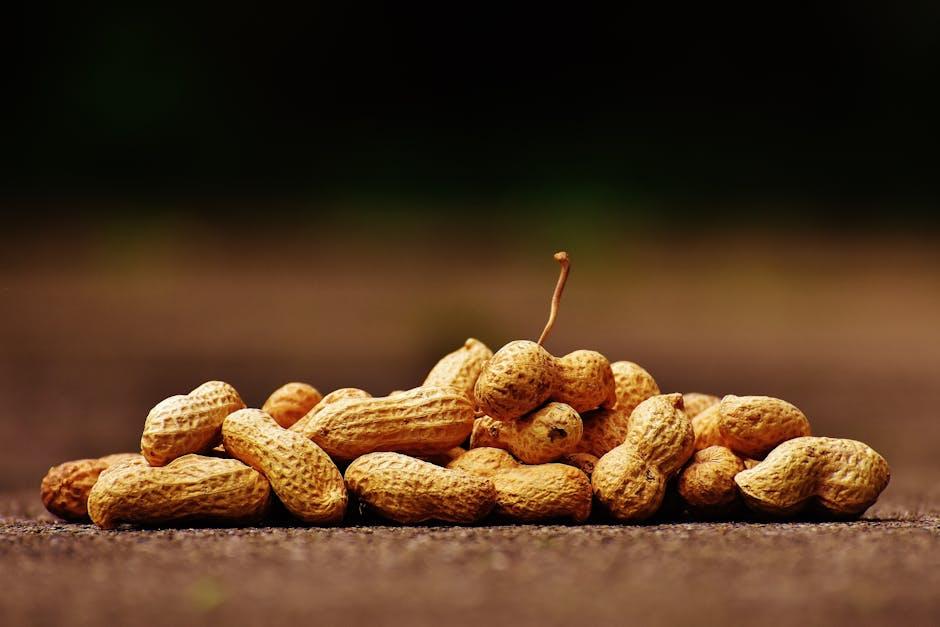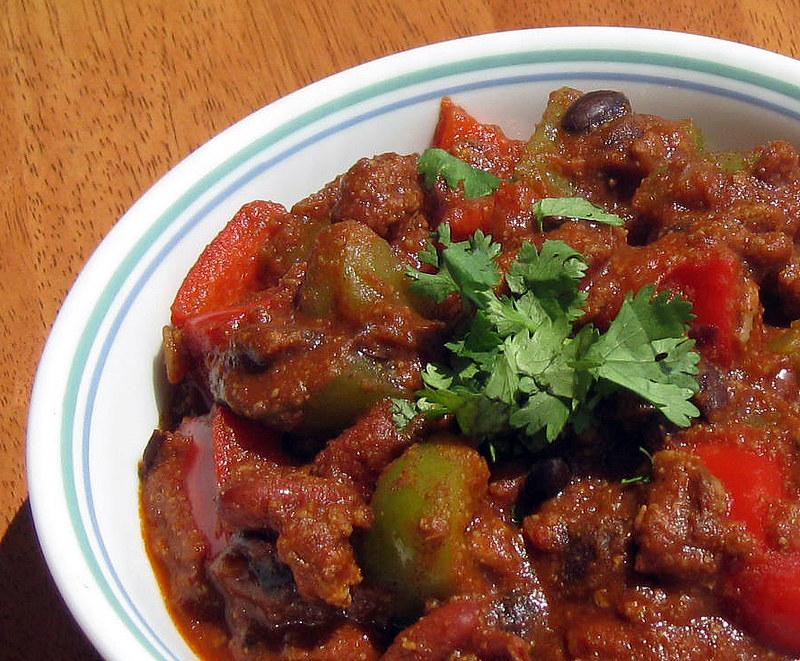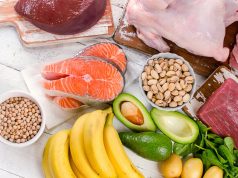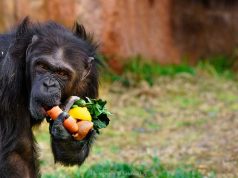In today’s fast-paced world, maintaining a well-rounded diet can often feel like a daunting task. Amidst the hustle and bustle of daily life, it’s easy to overlook the importance of balanced nutrition, particularly when it comes to ensuring adequate protein intake. Whether you’re an athlete striving for peak performance, a busy parent juggling multiple responsibilities, or someone simply looking to enhance your overall well-being, understanding the best sources of protein is crucial. This article aims to guide you through a diverse array of protein-rich foods, offering empathetic insights and practical advice to help you incorporate these essential nutrients into your diet. Together, we’ll explore both familiar favorites and lesser-known options, empowering you to make informed choices that align with your lifestyle and dietary preferences. Let’s embark on this journey towards a healthier, more balanced you.
Understanding Your Protein Needs for Optimal Health
Proteins are essential building blocks for the body, playing a crucial role in muscle development, tissue repair, and the production of enzymes and hormones. Understanding your protein needs can be a game-changer for your health. It’s important to incorporate a variety of protein sources to ensure you receive all the necessary amino acids your body requires. Here are some excellent choices to diversify your diet:
- Lean Meats: Chicken, turkey, and lean cuts of beef or pork are high in protein and low in saturated fat, making them great options for those looking to build muscle while maintaining heart health.
- Fish and Seafood: Rich in omega-3 fatty acids, fish such as salmon, mackerel, and sardines provide not only protein but also support brain and heart health.
- Plant-Based Proteins: Lentils, chickpeas, and quinoa are fantastic for vegetarians and vegans, offering a complete protein profile when combined correctly.
- Dairy Products: Greek yogurt, cottage cheese, and milk are excellent sources of protein and calcium, supporting bone health and muscle maintenance.
To help you make informed choices, here’s a simple comparison of protein content in different sources:
| Protein Source | Serving Size | Protein Content (g) |
|---|---|---|
| Chicken Breast | 100g | 31g |
| Salmon | 100g | 25g |
| Lentils | 1 cup | 18g |
| Greek Yogurt | 1 cup | 10g |

Exploring Plant-Based Protein Sources for a Balanced Diet
Incorporating plant-based proteins into your diet is a great way to ensure you’re getting the nutrients you need while also embracing a more sustainable lifestyle. Plant proteins can be just as effective as animal proteins in building muscle, boosting metabolism, and supporting overall health. Here are some excellent sources of plant-based proteins to consider:
- Legumes: Beans, lentils, and chickpeas are not only rich in protein but also packed with fiber, iron, and other essential nutrients. They’re versatile and can be used in soups, stews, salads, and even desserts.
- Nuts and Seeds: Almonds, walnuts, chia seeds, and flaxseeds provide a good dose of protein along with healthy fats. They make for a convenient snack or a great addition to smoothies and oatmeal.
- Quinoa: Unlike most grains, quinoa is a complete protein, meaning it contains all nine essential amino acids. It’s a perfect base for salads, bowls, and even as a breakfast porridge.
- Tofu and Tempeh: Made from soybeans, these are excellent sources of protein and are highly adaptable to various cooking methods, from stir-frying to grilling.
For those curious about the protein content of these foods, here’s a quick overview:
| Food Item | Protein Content (per 100g) |
|---|---|
| Chickpeas | 19g |
| Almonds | 21g |
| Quinoa | 4g |
| Tofu | 8g |
Incorporating a variety of these plant-based protein sources can help you maintain a balanced and nutritious diet. By experimenting with different combinations and recipes, you can enjoy a diverse range of flavors and textures while meeting your dietary needs.

Incorporating Animal Proteins Mindfully and Sustainably
In the quest for a well-rounded diet, integrating animal proteins thoughtfully can provide essential nutrients while supporting ethical and environmental standards. Opting for sustainable sources not only benefits your health but also contributes positively to the planet. Here are some mindful choices:
- Pasture-Raised Poultry: Choose chicken and turkey that are pasture-raised, ensuring the animals have access to open spaces and a natural diet. This method is more humane and results in higher quality meat.
- Grass-Fed Beef: Selecting beef from grass-fed cattle can be more sustainable and offers a richer nutrient profile, including higher levels of omega-3 fatty acids and antioxidants.
- Wild-Caught Fish: Prioritize fish like salmon, sardines, and mackerel from wild-caught sources. These options are generally lower in contaminants and have a lower environmental impact compared to farmed fish.
- Free-Range Eggs: Eggs from free-range chickens tend to be more nutritious and come from hens that live in more natural and humane conditions.
| Protein Source | Benefits |
|---|---|
| Pasture-Raised Poultry | Higher quality meat, humane farming |
| Grass-Fed Beef | Rich in omega-3s, sustainable |
| Wild-Caught Fish | Lower contaminants, eco-friendly |
| Free-Range Eggs | More nutritious, ethical sourcing |
By making informed choices, you can enjoy the nutritional benefits of animal proteins while aligning with values of sustainability and compassion. Remember, small changes in your dietary habits can lead to significant impacts for both your health and the environment.

Crafting a Protein-Rich Meal Plan for Every Lifestyle
Incorporating diverse protein sources into your diet is crucial for building muscle, maintaining energy levels, and supporting overall health. Whether you’re a busy professional, a student, or a parent on the go, understanding the variety of protein options available can help you tailor a meal plan that suits your lifestyle. Here are some of the best protein sources to consider:
- Animal-Based Proteins: Lean meats such as chicken and turkey, fish like salmon and tuna, and dairy products including Greek yogurt and cottage cheese are excellent options. These sources are rich in essential amino acids that aid in muscle repair and growth.
- Plant-Based Proteins: For vegetarians and vegans, legumes such as lentils and chickpeas, tofu, tempeh, and quinoa are superb choices. They not only provide protein but also come packed with fiber and other essential nutrients.
- Snack-Friendly Proteins: Nuts and seeds, protein bars, and hard-boiled eggs can be perfect for those who need quick protein boosts throughout the day.
To give you a clearer picture, here’s a simple comparison of some protein sources:
| Protein Source | Serving Size | Protein Content |
|---|---|---|
| Chicken Breast | 3 oz | 26g |
| Lentils | 1 cup cooked | 18g |
| Greek Yogurt | 1 cup | 10g |
| Almonds | 1 oz | 6g |
By mixing and matching these protein-rich foods, you can craft a meal plan that not only meets your dietary needs but also keeps your meals exciting and flavorful. Remember, balance is key, and variety will ensure you get a wide range of nutrients.








































